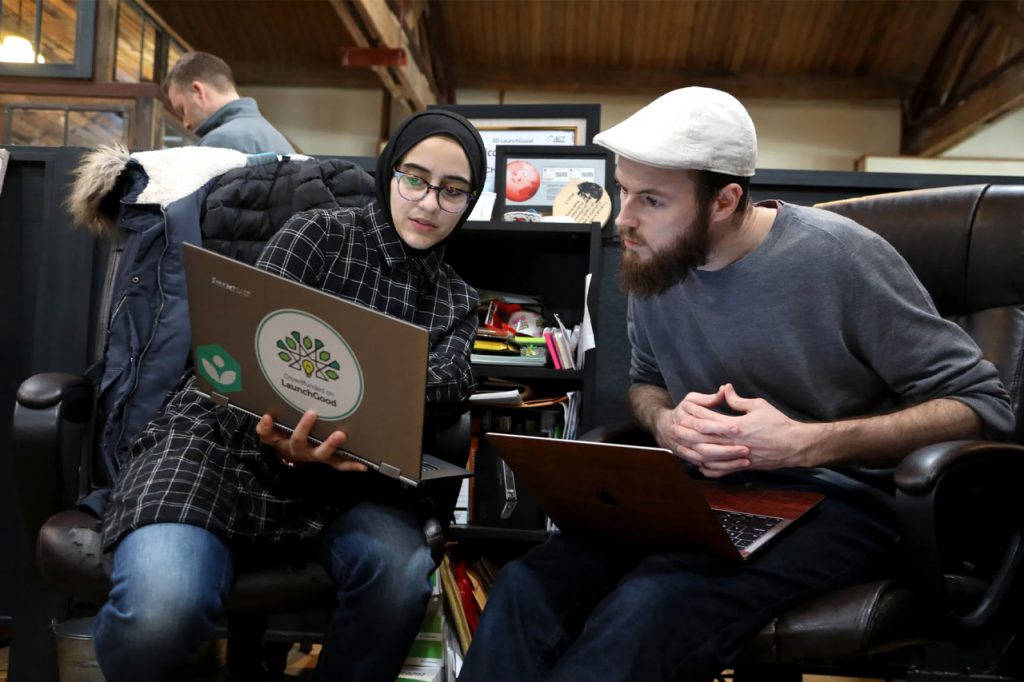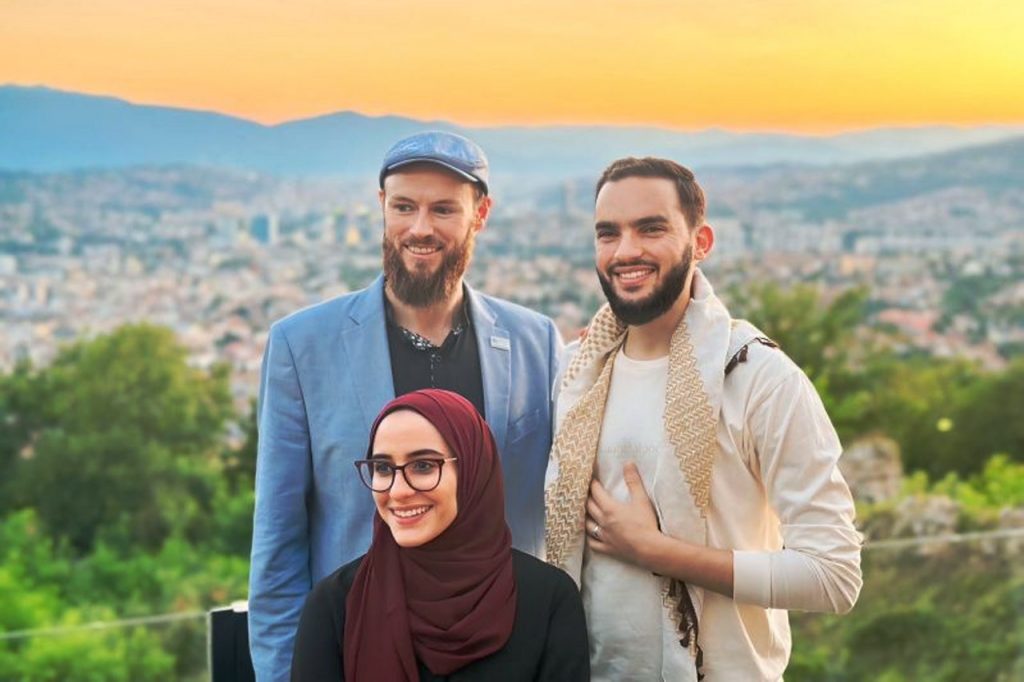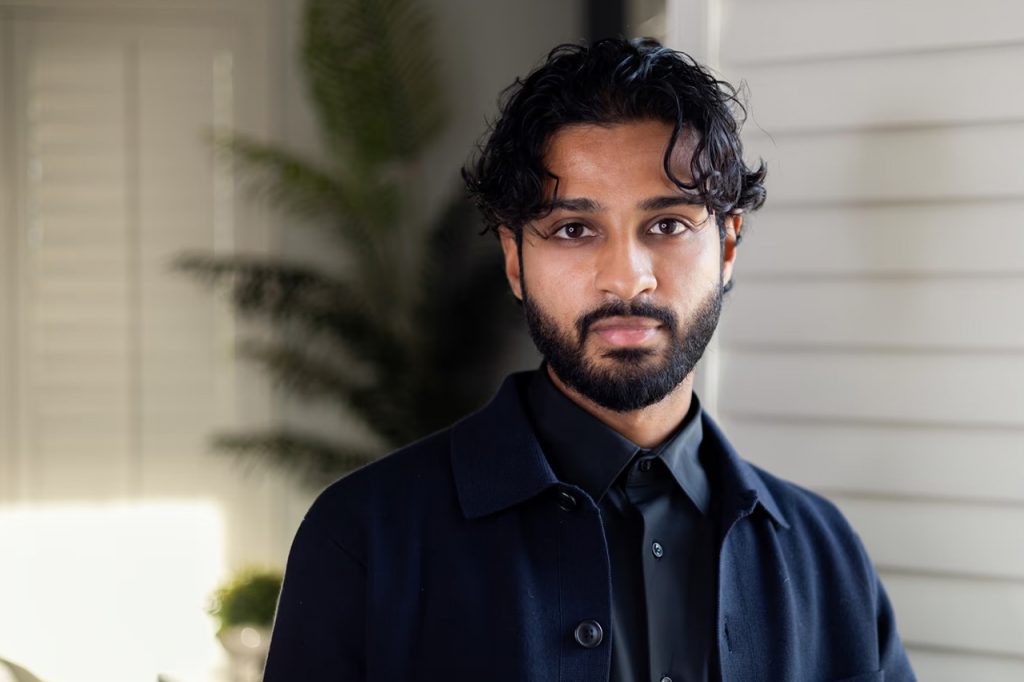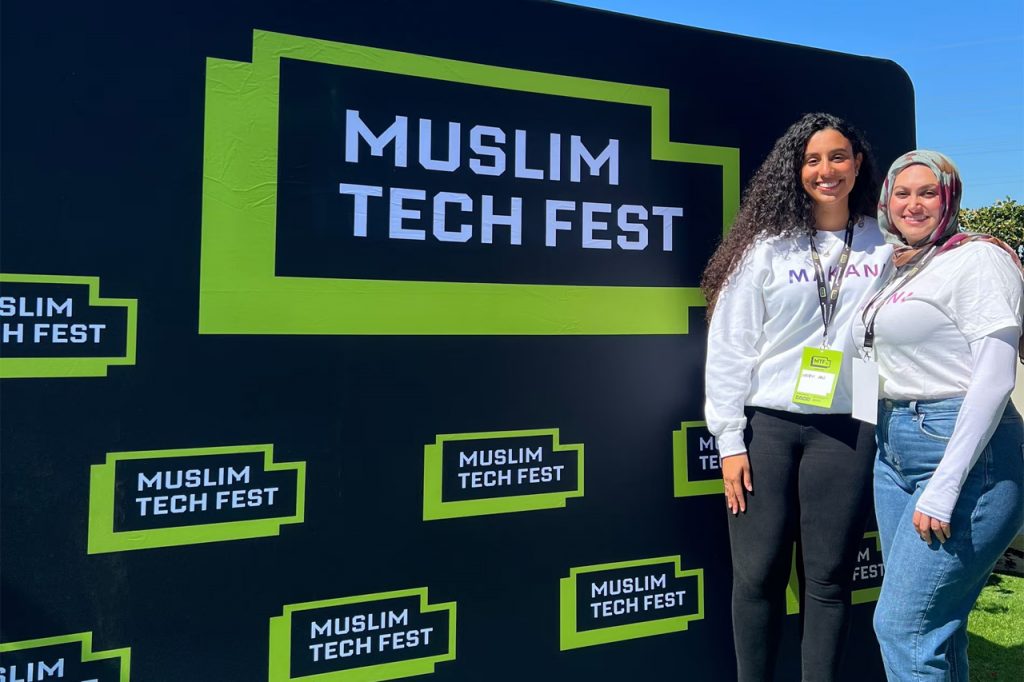Halal tech: how Muslim-friendly websites and apps blossomed in 2024
January 3, 2025 2025-01-26 15:30Halal tech: how Muslim-friendly websites and apps blossomed in 2024

Halal tech: how Muslim-friendly websites and apps blossomed in 2024
With firms such as Makani and Boycat, founders answer a growing demand: help their users support Palestinians
After being rejected by three different banks and payment processors due to concerns about the company’s Muslim identity and its focus on international humanitarian work in regions like Syria, Amany Killawi, co-founder of the Muslim crowdfunding platform LaunchGood, and her co-founders were forced to build their own network of payment processors to protect their platform. This ensured that no single bank could bring down the business.

To mitigate the impact on the business if and when another bank decided to stop working with LaunchGood, Killawi and her co-founders, Chris Blauvelt and Omar Hamid, made the decision to establish a network of payment providers and banks to work with. When they were dropped by a bank—which continued to happen over the years—they had several backups.

Now, more than 10 years since its founding, LaunchGood has become a household name and has enabled its largely Muslim user base to raise nearly $700 million. While the platform also hosts personal fundraisers, LaunchGood is better known for its emphasis on charitable giving.
This experience led Killawi to establish a sister company, PayGood, in 2024. PayGood is designed to offer Muslim businesses and charities a payment system that is reliable and free from discrimination.
While LaunchGood was among the early entrants into the largely untapped Muslim-friendly tech space, its sister company is part of a growing class of tech and software companies that aim to cater to Muslims in the US, Canada, and the UK.
PayGood aims to provide an alternative to mainstream payment processors like Stripe and PayPal, which have faced backlash for their treatment of Palestinian accounts and affiliations. In light of recent events, the Muslim community is now more intentional about where they spend their money, seeking products and services that align with their ethical stance on the Israeli-Palestinian conflict.
Boycat, created by Adil Abbuthalha, is an app that helps users identify brands linked to Israeli occupation or human rights violations, empowering them to make ethical shopping decisions. It also offers alternatives to these brands, aiming to become a comprehensive marketplace for ethical consumption beyond just Palestine-related issues.

Makani Homes, founded by Nourin Abubaker and Yara Ourfali, started as a home-swapping platform catering to Muslim preferences. The platform grew into a rental service similar to Airbnb, with a focus on providing a pro-Palestinian alternative after Airbnb’s involvement in illegal West Bank settlements. This reflects a growing trend among Muslim entrepreneurs to create businesses that align with their community’s ethical values.

Source: The Guardian







